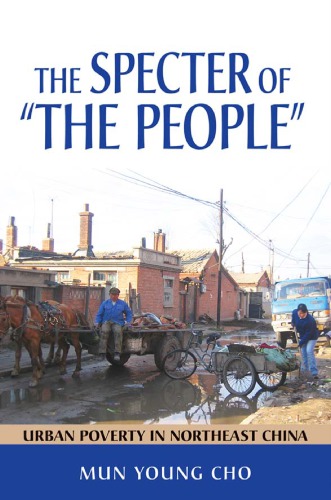

Most ebook files are in PDF format, so you can easily read them using various software such as Foxit Reader or directly on the Google Chrome browser.
Some ebook files are released by publishers in other formats such as .awz, .mobi, .epub, .fb2, etc. You may need to install specific software to read these formats on mobile/PC, such as Calibre.
Please read the tutorial at this link: https://ebookbell.com/faq
We offer FREE conversion to the popular formats you request; however, this may take some time. Therefore, right after payment, please email us, and we will try to provide the service as quickly as possible.
For some exceptional file formats or broken links (if any), please refrain from opening any disputes. Instead, email us first, and we will try to assist within a maximum of 6 hours.
EbookBell Team

4.1
60 reviewsDespite massive changes to its economic policies, China continues to define itself as socialist; since 1949 and into the present, the Maoist slogan "Serve the People" has been a central point of moral and political orientation. Yet several decades of market-based reforms have resulted in high urban unemployment, transforming the proletariat vanguard into a new urban poor. How do unemployed workers come to terms with their split status, economically marginalized but still rhetorically central to the way China claims to understand itself? How does a state dedicated to serving "the people" manage the poverty of its citizens? Mun Young Cho addresses these questions in a book based on more than two years of fieldwork in a decaying residential area of Harbin in the northeast province of Heilongjiang.
Cho analyzes the different experiences of poverty among laid-off urban workers and recent rural-to-urban migrants, two groups that share a common economic duress in China's Rustbelt cities but who rarely unite as one class owed protection by the state. Impoverished workers, she shows, seek protection and recognition by making claims about "the people" and what they deserve. They redeploy the very language that the party-state had once used to venerate them, although their claim often contradicts government directives regarding how “the people” should be reborn as self-managing subjects. The slogan “serve the people” is no longer a promise of the party-state but rather a demand made by the unemployed and the poor.